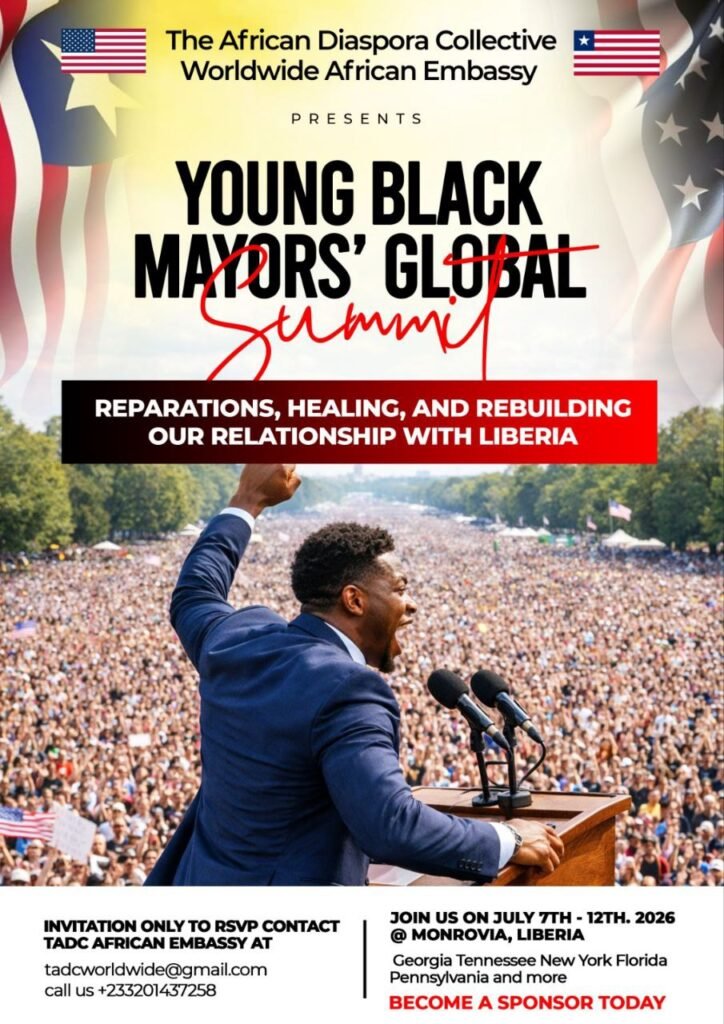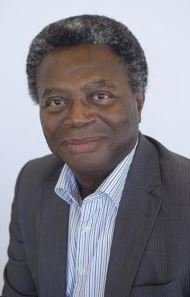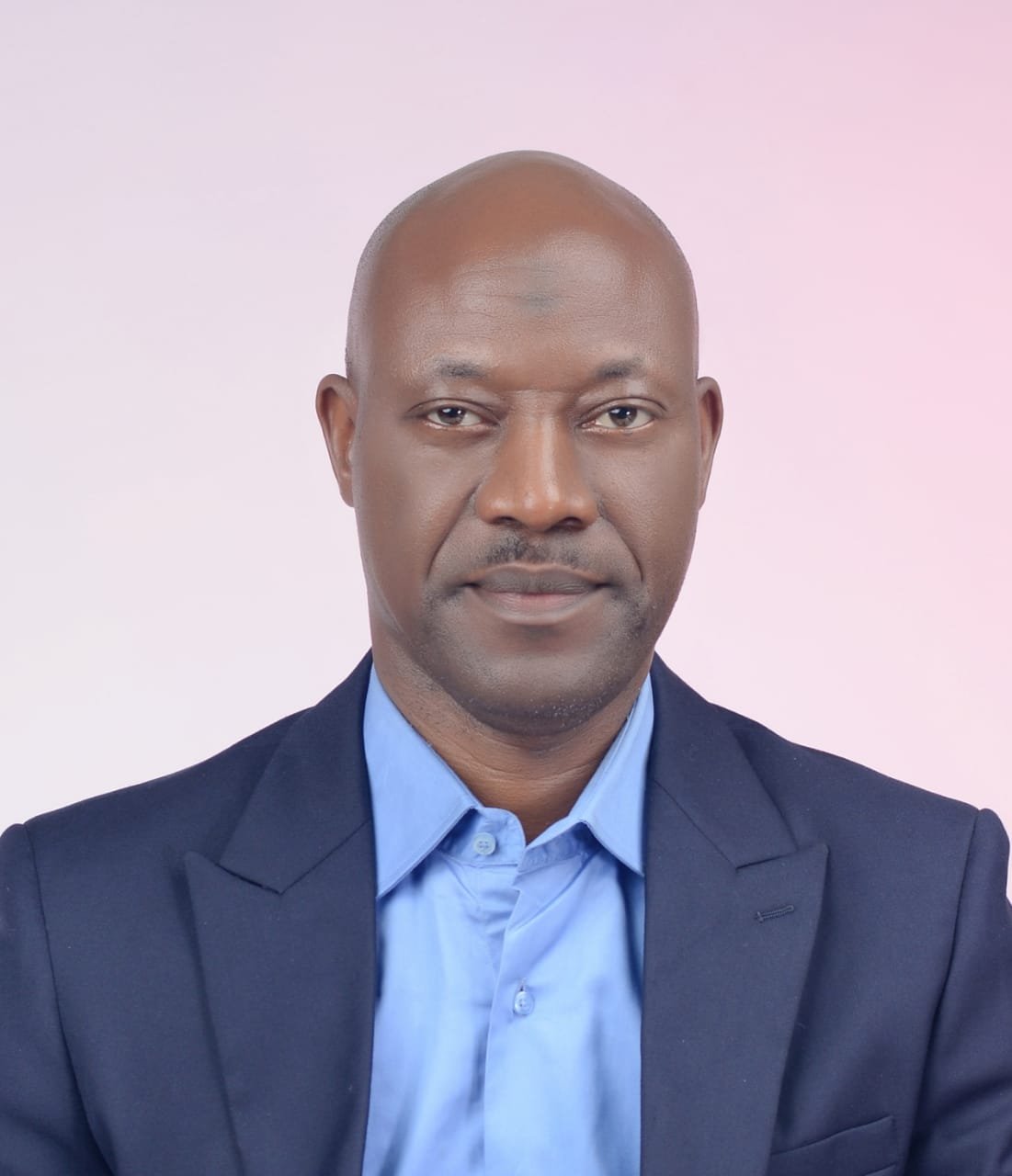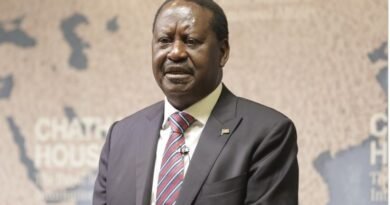Sarkozy Goes To Jail For A Crime Mitterand And Chirac Are Reported To Have Also Committed-Opinion.
By Dr.Yusuf Bangura
Nicolas Sarkozy has been sent to jail for receiving USD50 million euros from former Libyan dictator, Mohammed Qaddafi, for his campaign in the 2007 French presidential election. Qaddafi thought he had bought Sarkozy’s support to clean up his global image and improve diplomatic relations with the West.
France’s campaign finance rules in the 2007 election limited candidate spending to 21 million euros and individual contributions to candidates to 7,500 euros. Contributions from foreigners were prohibited. It was reported that Sarkozy declared that he spent only 21 million euros on his campaign.

Qaddafi’s largesse would have remained a secret if Sarkozi had honoured the ‘gentleman’s’ agreement to support Qaddafi in the diplomatic field. However, Sarkozi decided to play rogue during the Libyan crisis of 2011 that led to the overthrow and killing of Qaddafi. France voted in the UN Security Council for international military intervention in the civil war and sent troops to attack Qaddafi’s forces in support of the military operation led by the transitional government, codenamed Operation Harmattan.
Qaddafi’s son, Saif al-Islam, and close associates felt betrayed. It was Al Islam who first spilt the beans by revealing to the world that Libya funded Sarkozy’s 2007 victory and bragged that he had the details to prove it. Referring to Sarkozy as a clown, he asserted that the first thing he wanted was for Sarkozy ‘’to give the money back to the Libyan people’’.
His revelation led to a spate of confessions by pro-Qaddafi operatives, including the Libyan Prime Minister at the time, Bhagdadi Mahmudi, who claimed that they were privy to the deal. A Lebanese-French businessman, Ziad Takieddine, declared that he personally delivered three suitcases of cash to Sarkozi. The allegations were strong enough to convince the French justice department to open, in 2013, an investigation on the matter. Sarkozi has now been found guilty of corruption and is set to spend five years in prison.
There are other corrupt presidents
What I find surprising is why Francois Mitterand and Jacque Chirac, Sarkozi’s predecessors, avoided the kind of judicial scrutiny that Sarkozy has faced when there are reports that French presidents are notoriously corrupt in the field of campaign finance. It is widely believed that French presidents treat African presidents, especially those with fabulous mineral wealth, as cash cows for their presidential election campaigns.
Why has Sarkozi been investigated, tried, convicted and sent to jail, but Mitterand and Chirac (presidents from 1981-1995 and 1995-2007 respectively), who were also alleged to have illegally received African money for their presidential campaigns escaped justice?
Two books have documented the way African leaders buy military and political security from French presidents under the Françeafrique neocolonial patronage system.
The first book by Pierre Péan, The Republic of the Briefcases, published in 2011, provides detailed accounts on how African presidents delivered suitcases full of cash to French presidents, including Chirac and Sarkozi. Even though the book caused a stir in France when it was published, with leading opposition politicians like Francois Hollande calling for investigations, no enquiry was carried out.
The second book, published in 2023, They Know I know Everything, by the highly influential Senegalese-Lebanese and French emissary Robert Burgi, who was the source of much of the information in Péan’s book, details the illicit schemes used by French and African presidents to fund French presidential elections.
The two main French parties, the Gaullist Rally for the Republic and the Socialist Party, crafted intricate networks with African leaders to drain Africa of its financial wealth. Bourgi served as emissary for Chiraq; and Roland Dumas, who later became Mitterand’s foreign minister, was Mitterand’s emissary. Both Burgi and Dumas cultivated strong and deep ties with African leaders, who saw the two emissaries as powerful channels for reaching out to, and securing security protection from, French leaders.
Bourji’s book contains a lot of insights into the workings of the nefarious system that funneled money out of Africa. The biggest culprits were Omar Bongo of Gabon and Mobutu Sese Seko of Zaire (now Democratic Republic of Congo), both of whom enjoyed huge rents from their countries’ mineral resources. Houphouet Boigny of Côte d’Ivoire and Dennis Sassou Nguesso of Congo-Brazzaville were also implicated in the financial scams.
Burji has an interesting passage in his book that merits elaboration. Dumas, acting as Mitterand’s emmisary, and Burgi, acting as Chirac’s emmisary, accidentally met at Bongo’s office during the 1988 French presidential election. Dumas greeted Burji when he arrived with the following cryptic comment: ‘’Hello Burgi, how are you? I think we’ve come for the same thing’’.
Burji decided to let him go in first to see Bongo. When he came out, he was looking ‘’a little heavier than when he went in’’. He then made this mocking comment: ‘’Don’t worry, Bourgi, I’ve left some for you’’.
Bongo chastised Burji for not visiting him at his residence before going to the office and complained that Dumas had taken most of the cash he wanted to give to Chirac. He asked Burji to return to Libreville within the same week for Chirac’s cash. This is what Bongo told Burji when he was asked why he spent so much money to everyone all the time: ‘’Son, I play just like at the races, except I bet on all the horses to be sure of a winner’’.
The method used by Houphouet Boigny and Burgi to funnel money out of Abidjan into the coffers of French leaders was brazen. Money would be stuffed in bags to be airlifted from the airport. No airport authorities would check the bags as Boigny’s confidant would be there to ensure smooth passage. His French counterpart would also be at the Paris airport to collect the loot without any search, and take it to the Èlysée Palace.
Burji’s narration of Blaise Compaoré’s method was intriguing, if not comical. Burkina Faso is not as rich as Zaire, Gabon and Côte d’Ivoire. So Compaoré developed a technique of sending his tributary in small five and ten dollar notes, to make the payment look large, and placing them in aesthetic African traditional drums—djembes—because Dominique de Villepin, Chirac’s prime minister, ‘’loves music’’. Bourgi had to ask his son and a key associate of Campaoré to help him put the djembes in the boot of his car and deliver them at the Élysée Palais. A pair of scissors was used to open the drums, which were tightly sealed. Chirac wasn’t amused when he saw a ‘’shower’’ of five and ten dollar notes falling to the ground.
Conclusion
The investigation, trial and conviction of Sarkozi on 21 October, call for a thorough investigation into the obnoxious Françeafrique system that allows French politicians to drain the financial wealth of African countries in every French election cycle. Sarkozi is not the only president that has tapped into African resources to finance his presidential campaign. Other French politicians and their African counterparts need also to be held to account.
Dr. Yusuf Bangura is Sierra Leonean academic giant who lives in Nyon, Switzerland




